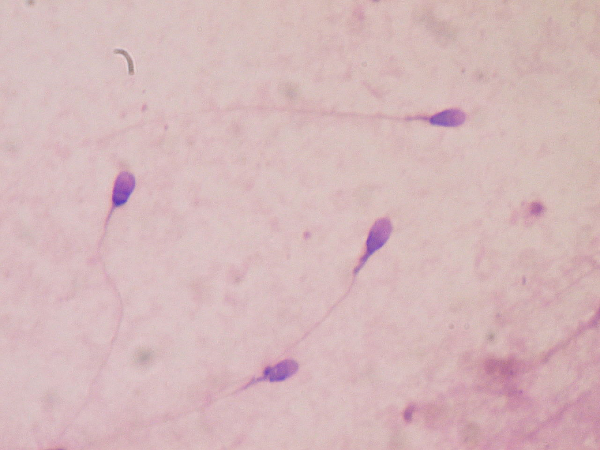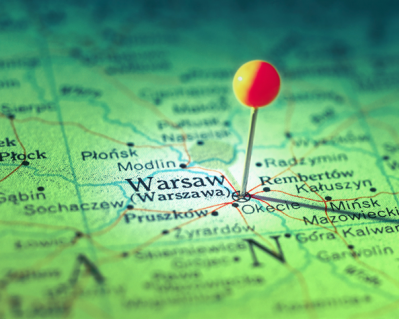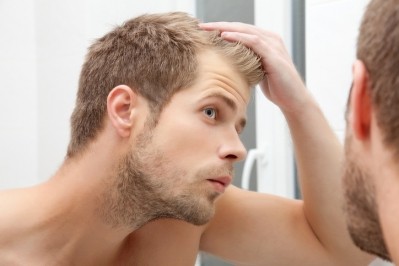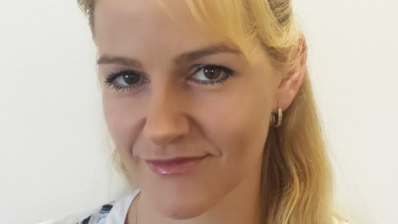Exposure to BP paraben linked to issues with male fertility

The study, which was headed up by Joanna Jurewicz of the Nofer Institute of Occupational Medicine, in Lodz, tested a group of 156 men under the age of 45 for the presence of parabens commonly found in cosmetics, pharmaceuticals and food and beverages.
Samples of semen, urine, blood and saliva were tested for concentrations of ethyl paraben (EP), butyl paraben (BP), methyl paraben (MP), and iso-butyl paraben (iBuP) using a gas chromotography ion-tap mass spectrometry method.
BP exposures linked to abnormalities
The early stages of the research pinpointed that in particular it was higher levels of BP that were associated with specific types of chromosomal abnormality.
BP is used in a variety of cosmetics and personal care products, including eye shadow, moisturizers, anti-ageing creams and sunscreens, but in low levels ranging from 0.01% to 0.3%.
It is known to be mildly estrogenic, but a scientific study carried out rats by the International Agency for Research on Cancer did find it to be more binding to estrogen receptors compared to other commonly used parabens.
The results of the study were published in the International Journal of Environmental Research and Public Health and underline how the group of scientists attempted to examine in greater detail what the findings mean to men’s fertility.
Lower sperm count
Closer study of the data found that men with higher levels of these parabens in their semen had a lower sperm and more abnormal morphology compared to men who had lower levels of parabens.
Those with higher levels of parabens were also found to have slower moving sperm, thought to be associated with the irregularity of their shape, in turn reducing the likelihood of egg fertilization.
Although parabens are difficult to avoid as they are included in such a wide range of consumer products, the team’s findings point to the fact that individuals can reduce their exposure and risk by looking for products that are free of parabens.




















